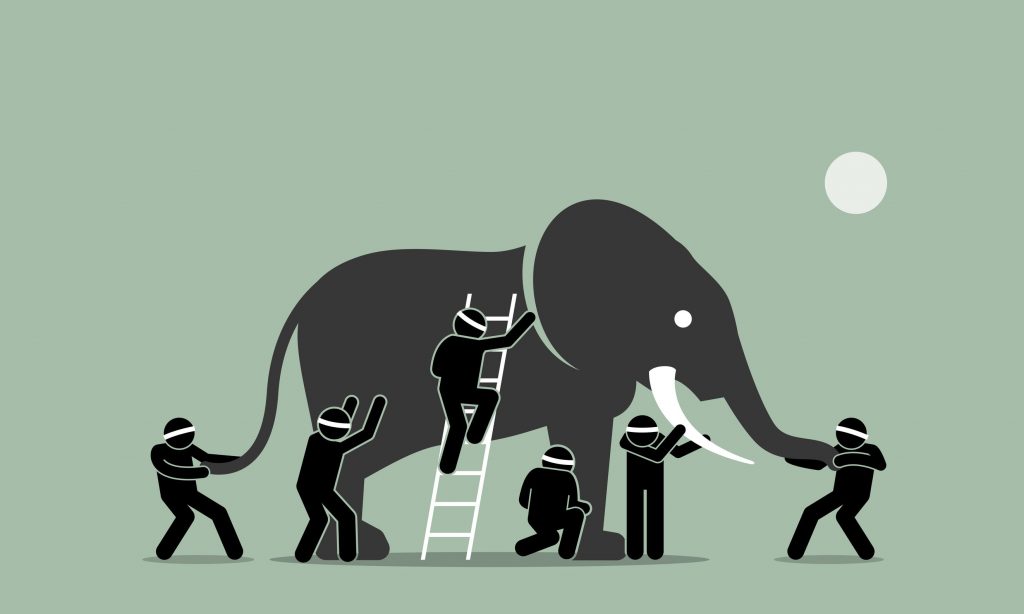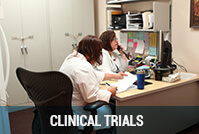How should we best measure sleepiness?
How should we best measure sleepiness? There is no definite way of measuring sleepiness. In part, the problem is that there is no good definition of sleepiness. Secondly, we often confuse the trait of sleepiness with the state of sleepiness. It is like the story of the elephant and the blind men, with each expert only looking at one aspect of sleepiness.

Sleepiness means different things to different people:
- The field of sleep medicine has traditionally defined sleepiness as the ease of falling asleep when one wants to. However, this causes confusion with better sleepers, who can also fall asleep easily when they want to.
- People often describe sleepiness as feeling sleepy. They may or may not fall asleep when they try to.
- Other people say they are sleepy when they feel tired or fatigued. Tiredness or fatigue itself can be many things, including physical tiredness, mental tiredness, and lack of motivation. People may even mean different things by tiredness and fatigue.
- People may say they are sleepy when they have difficulty staying awake when they want to. They may or may not actually be able to stay awake, but it requires effort.
- People may also report feeling sleepy when they are in a mental fog, when paying attention requires effort.
Of course, people may describe having more than one of the above together. However, they may not have all of these together. Indeed, research has shown that some people can fall asleep rapidly when they want to, and can stay awake for a long time when they want to. There are even people who do not fall asleep easily when they are trying to, but fall asleep quickly when they are trying to stay awake.
Sleep doctors often call the Multiple Sleep Latency Test (MSLT) a test for sleepiness. It measures how quickly you fall asleep when you try to, and whether you go into REM sleep. It is useful for diagnosing narcolepsy (mean sleep latency less than 8 minutes with at least two onsets of REM sleep). Sleepy people may not fall asleep even in 11 minutes. Sleep medicine specialists often say that you have hypersomnia (excessive sleepiness) if you fall asleep in less than 8 minutes. However, normal people may fall asleep within 2 minutes. Sleep medicine specialists often also say that you are not excessively sleepy if you do not fall asleep within 8 minutes. However, among patients with idiopathic hypersomnia, half may not fall asleep within 8 minutes. Therefore, the test is useless for saying someone is or is not abnormally sleepy.
The Maintenance of Wakefulness Test (MWT) is another test for sleepiness. It measures how long you can stay awake when you try to. It may be somewhat more useful for measuring abnormal sleepiness than the MSLT. However, there is still too much overlap between normal people and abnormally sleepy people.
The Epworth Sleepiness Scale (ESS) is a questionnaire. It measures how likely you are to doze off in sleepy situations. The Sleepiness: Wakefulness Inability and Fatigue Test (SWIFT) developed by us is another questionnaire. It measures how much difficulty you have with fatigue or difficulty staying awake in everyday situations (including sleepy situations). The SWIFT is somewhat better than the ESS is separating normal and abnormally sleepy people. However, there is again too much overlap between normal and abnormally sleepy people.
In conclusion, no test is good enough to separates normal and abnormally sleepy people. The tests mentioned above, along with good clinical judgment, help. However, if anyone tells you that you are abnormally sleepy just because you fell asleep quickly on the MSLT, get another opinion. If someone says you are not sleepy just because you did not fall asleep quickly on the MSLT, also get another opinion.









